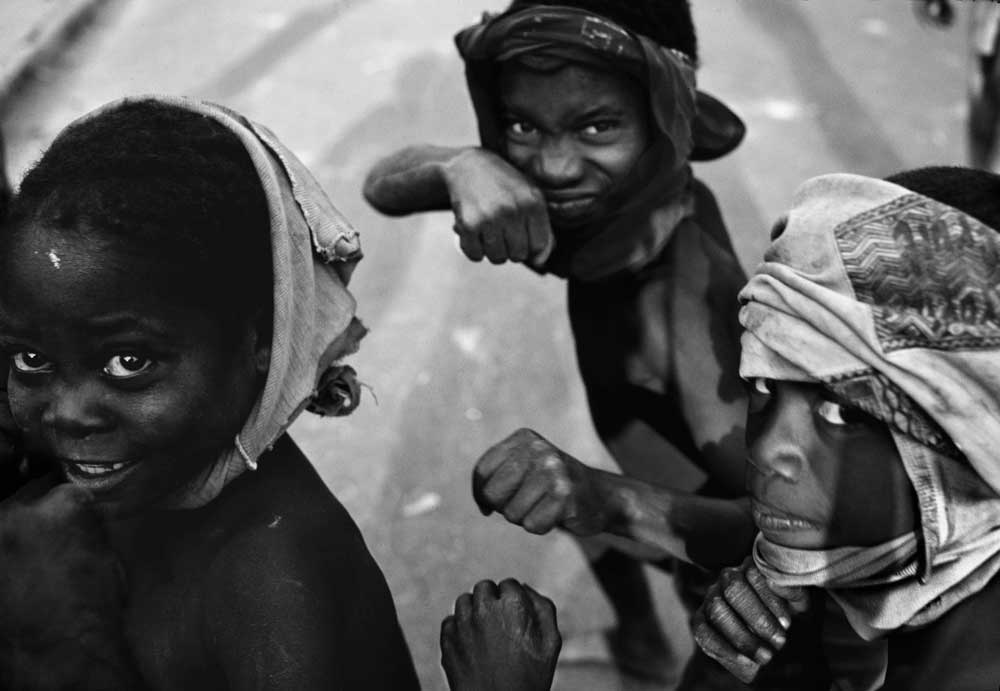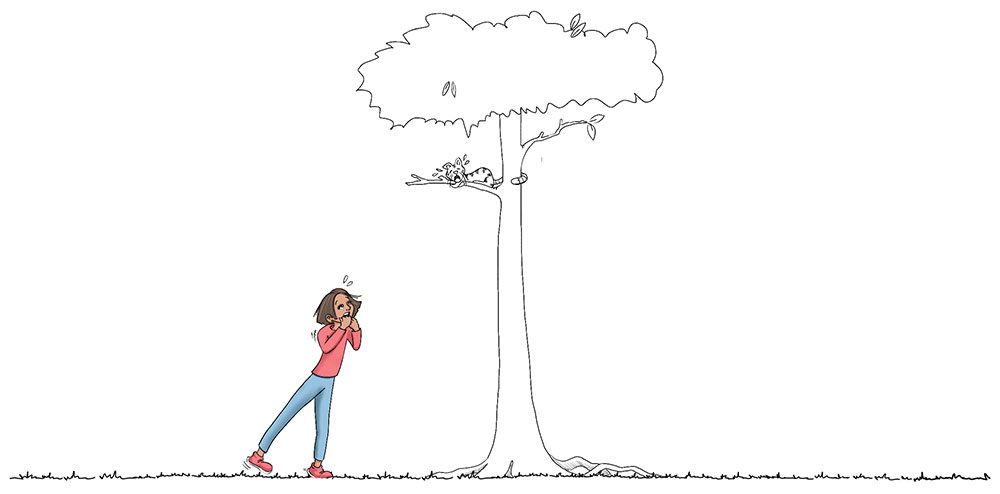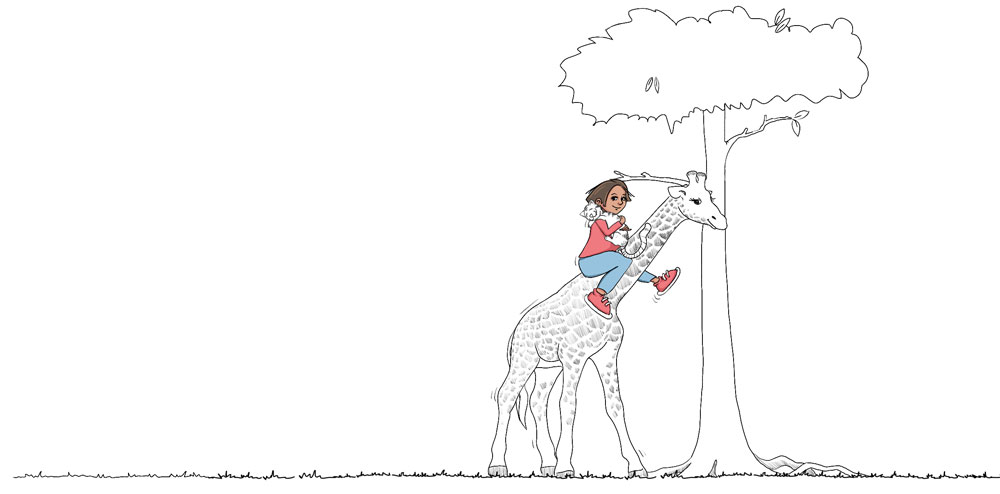Task 47 – Grow from difficulties
Task 47
Grow from difficulties

Kuito, Angola, 1996. Photo: Torkil Færø
Problem
Just taking on easy challenges
At my doctor’s office I see vulnerable patients get knocked over by adversities that we all should expect to face. Their tolerance is too low. Maybe their resilience was never built up due to well-meaning parents sweeping aside all difficulties in front of them. Perhaps these parents thought that children who have secure and good lives will turn into secure and good people. Unfortunately, the effect upon them is often the opposite – children unexperienced at dealing with uncomfortable resistance.
I believe that children should be vaccinated with doable difficulties. They should be able to tolerate and deal with a dose of manageable resistance and then later on they will be able to endure occasionally extreme stresses that we know they will meet. It is our responsibility to make them resilient adults.
Even though we are adults, we still have to exploit difficulties to improve our abilities. Most people are content with handling resistance when it pops up on its own. What they should be aware of is that our nervous system will respond in completely different ways when we meet life’s difficulties voluntarily and meet the challenge head on instead of feeling threatened and shrinking away from them due to the discomfort an undesired problem. My impression is that those people who are good at giving themselves challenges, keep themselves sharp in such constructive ways that can easily keep depression and anxiety at bay.
In Task 5, we worked on accepting difficulties. In Task 40 we trained on taking advantage of problems that arise along the way and turning them into something positive. In this task we are going to practice on actively putting obstacles in our way in order to be able to grow and increase our resilience.
On a scale of 1 to 6,
how relevant is this issue for you?:

Solution
Taking a difficult picture
We are instinctively so reluctant to difficulties and drawn to comfort that many people only experience the unwelcome challenges. They miss this great opportunity to welcome difficul- ties for focused growth. In photography we automatically take on the voluntary challenge of taking a good picture. We can grow as photographers by gradually increasing the degree of difficulty in what we are doing. It’s like a high jumper putting the bar one notch higher up at a time. And when we have cleared six feet six inches, doing five foot five is not going to have the same luster. Even though the chance for failing increases when we give ourselves new challenges, we come to fear them less and less. As photographers we have experienced the satisfaction of succeeding in challenges and this drives us continuously towards new goals.
A self-chosen difficulty will put your nervous system into challenge mode, increasing blood flow to the brain and muscles to help you complete the mission. In threat mode, the heart rate will go up, but peripheral blood flow will decrease.
PHOTO ASSIGNMENT:
Take a picture where you need to really apply what you have learned so far, a challenge that makes you sweat a little and gets your pulse racing.
It should be highly uncertain as to whether you will succeed.
If you don’t know exactly where to put the bar, feel free to ask someone else to give you a really demanding task.
Onascale of 1 to 6,
how useful was this task for you?:
BOOK SUGGESTION: Flow by Mihaly Csikszentmihalyi. Also see ted.com

❞ Behind strong people, there is a story that gave them no choice.
Paulo Coelho
❞ A problem is a chance for you to do your best.
Duke Ellington
❞ Stress is a biological state designed to help you learn from experience. Good stress is an antidote to bad stress.
Kelly McGonigal
[note_editor]

